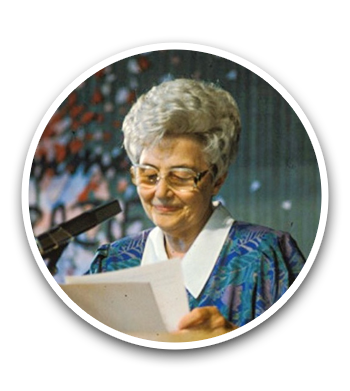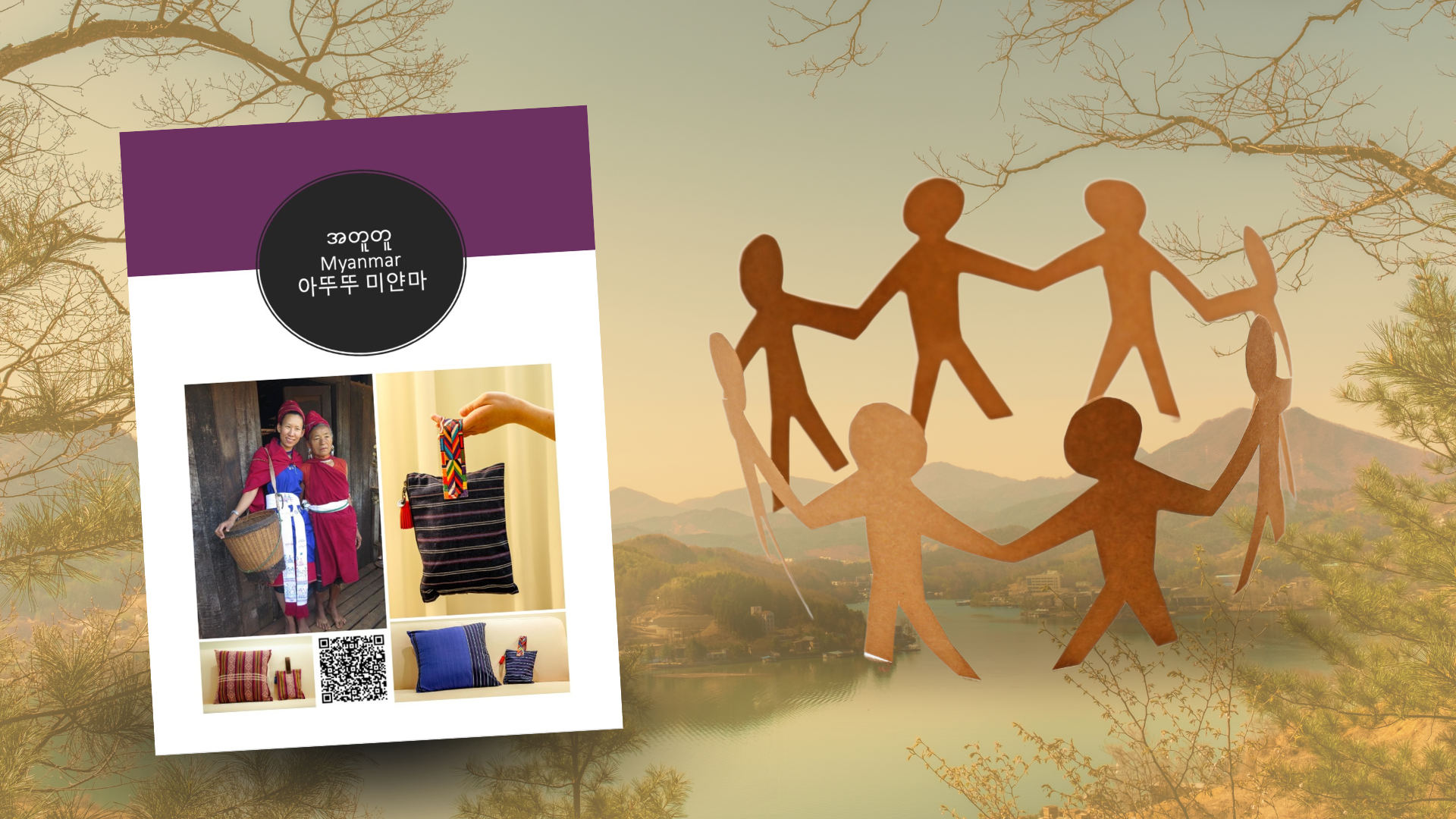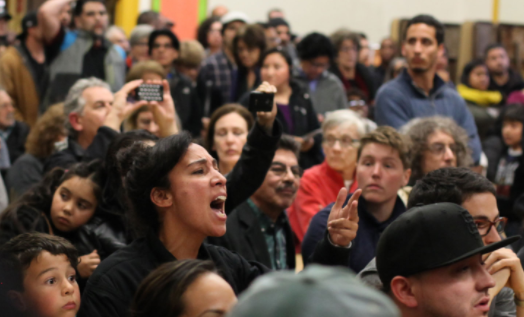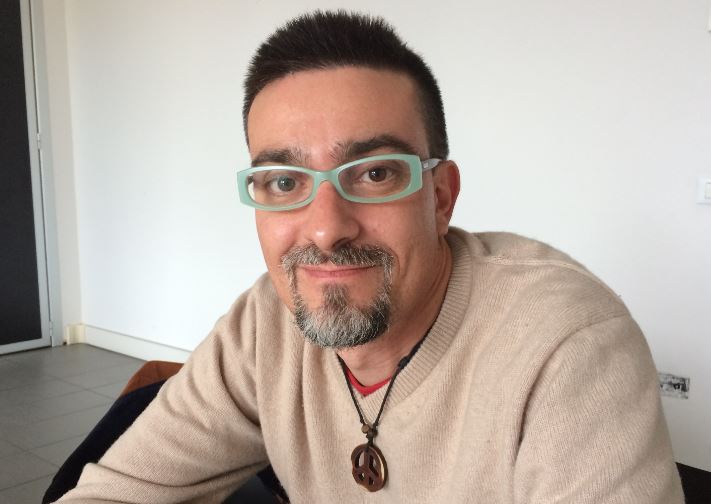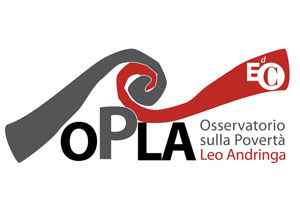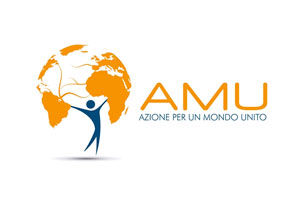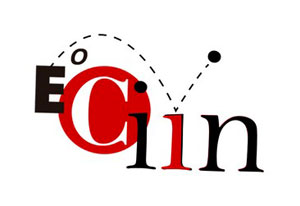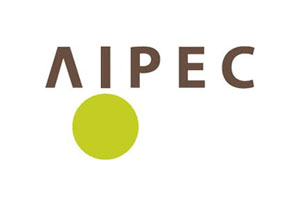0
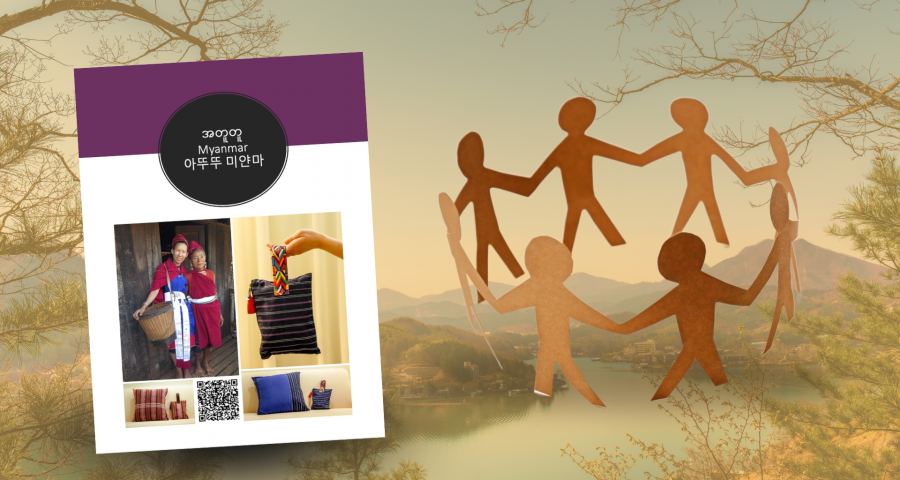
FLASHES OF LIFE - Amidst so much EoC life, we want to start telling you small - big stories that take us to different parts of the world. Let's start today from Asia.
 Flashes of Life: they are stories gathered from around the world that allow us to experience the spirit in which the Economy of Communion is lived today. Today we take a trip to the Asian continent and take a look at one of the most recent projects that the EoC has seen come to life, involving companies, committed citizens, through international collaborations and the spirit of communion. All, through traditional yarns, garments and textiles.
Flashes of Life: they are stories gathered from around the world that allow us to experience the spirit in which the Economy of Communion is lived today. Today we take a trip to the Asian continent and take a look at one of the most recent projects that the EoC has seen come to life, involving companies, committed citizens, through international collaborations and the spirit of communion. All, through traditional yarns, garments and textiles.
The political and social conflicts that have hit Myanmar hard have aggravated the economic situation of thousands of families in the country. Inequalities and deficiencies in the economic system have become even more evident amid the various crises.
Moved by this dramatic situation, some entrepreneurs and adherents of the Economy of Communion in Korea decided to implement a project that aims to bring together realities that are experiencing difficulties in both countries: Atutu Myanmar (아뚜뚜 미얀마) 프로젝트
Initially, attempts were made to send economic aid, trying to get the money to Bangkok and then to Myanmar. But the government kept blocking the channels to get it there, and economic aid was no longer arriving. It was then decided to find a sustainable solution: importing some local products, such as textiles.
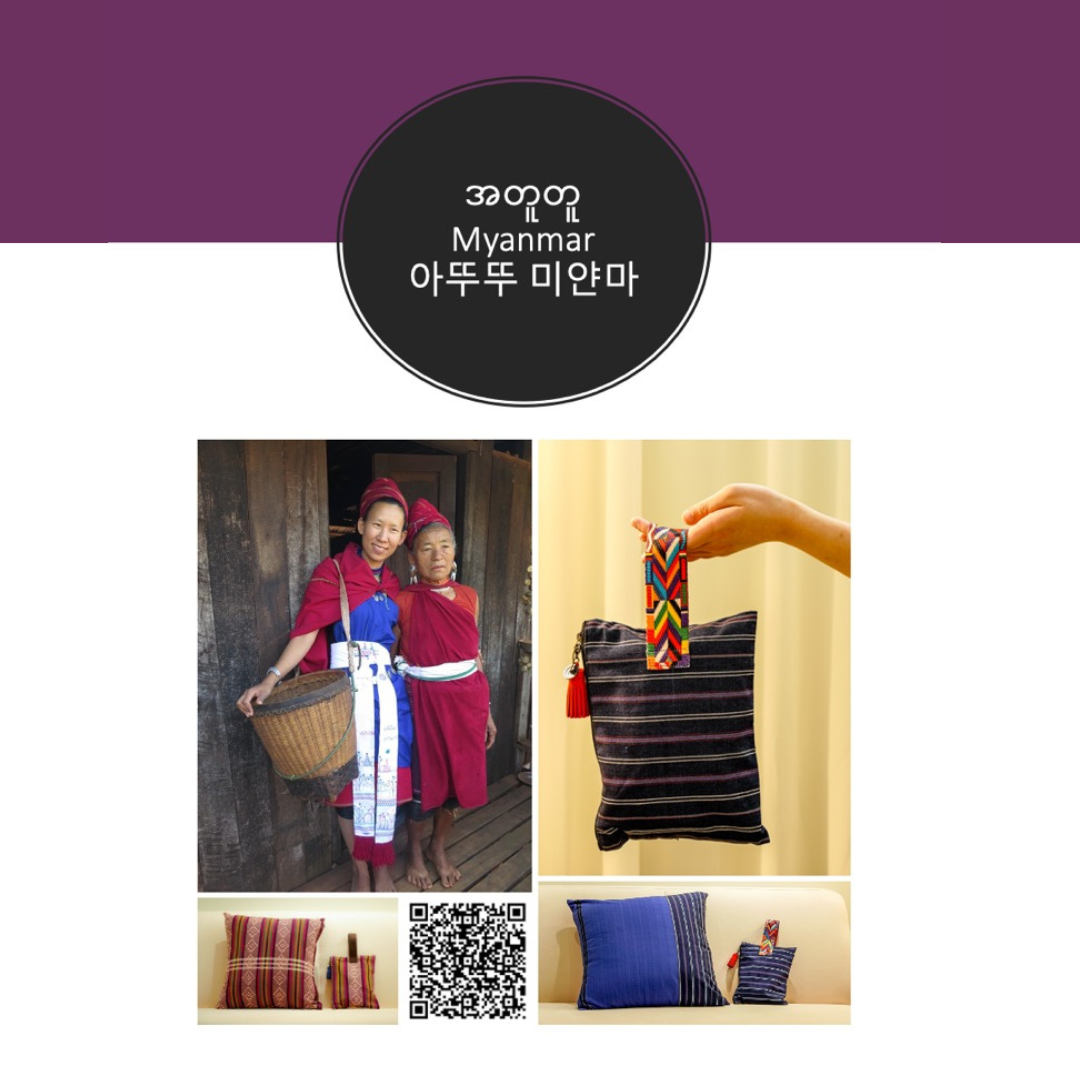
The fabrics are woven by the Kayan, an ethnic minority group in Myanmar, and are purchased at a company called Attoo အတူတူ, which means "Together" in the local language. Once the textiles arrive in Korea, they are processed by "Aga Sewing," a cooperative made up of girl mothers who, by learning to sew the various fabrics, make items primarily for children and are able through their work to improve their economic situation.
"Aga Sewing," which means "Sewing for Children" in Korean, is a cooperative incubated by Korean EoC entrepreneurs who seek to help mothers raising their children alone . Proceeds from sales are then donated to Myanmar through Korea EdC and the United World Association (AMU).
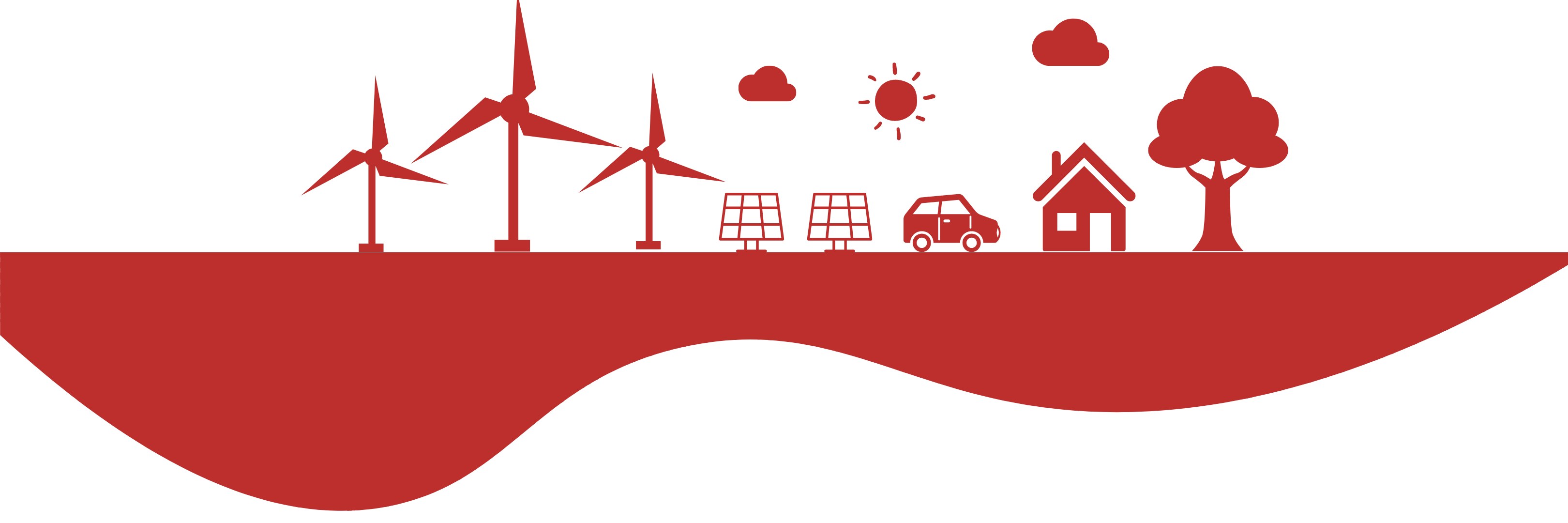





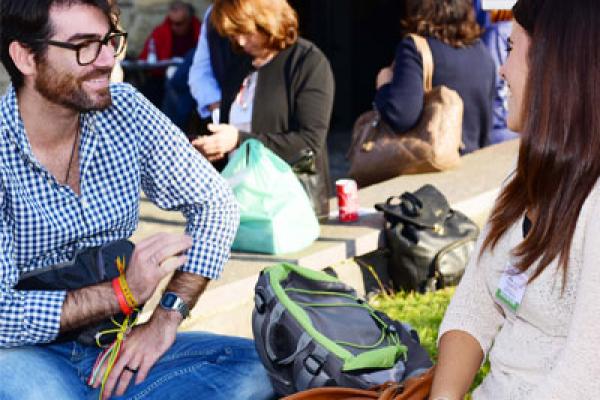
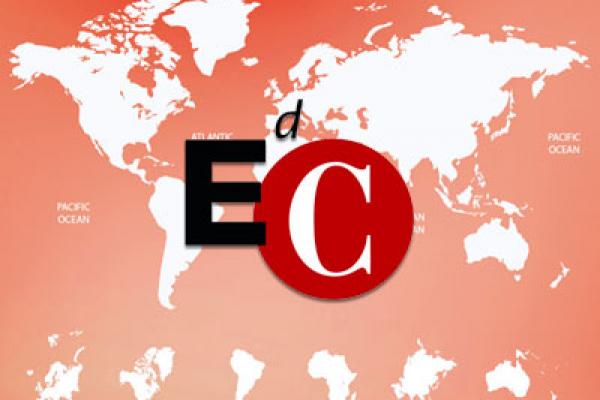
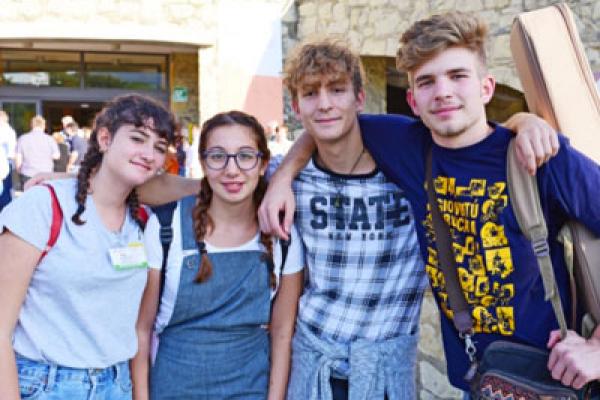
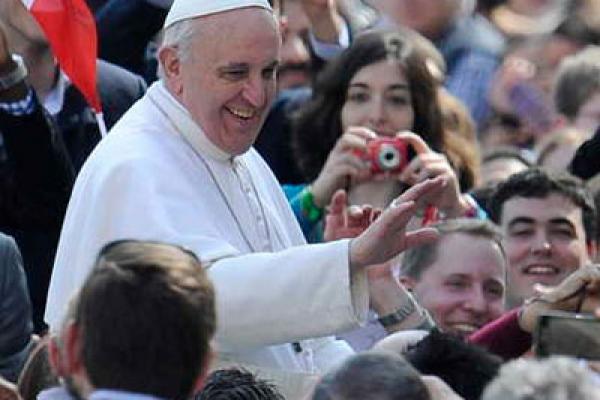
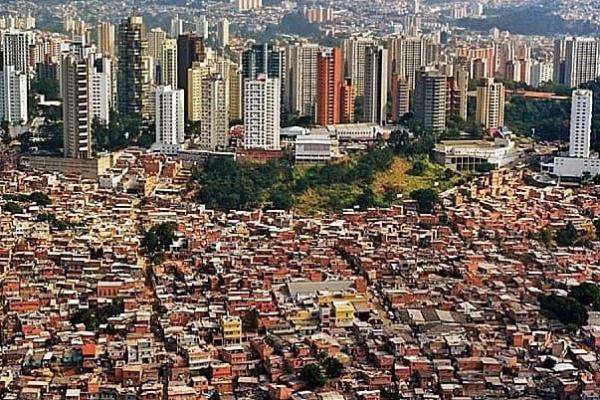
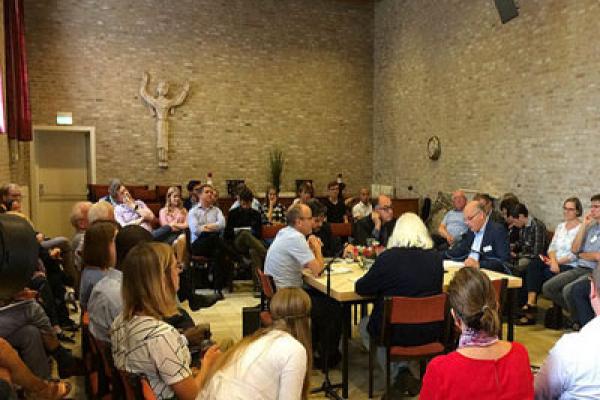
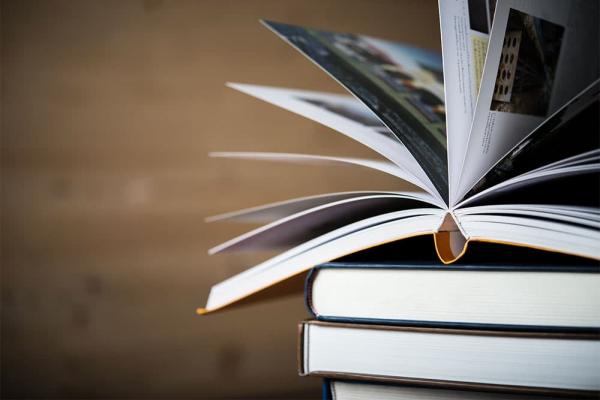


 Flashes of Life: they are stories gathered from around the world that allow us to experience the spirit in which the Economy of Communion is lived today. Today we take a trip to the Asian continent and take a look at one of the most recent projects that the EoC has seen come to life, involving companies, committed citizens, through international collaborations and the spirit of communion. All, through traditional yarns, garments and textiles.
Flashes of Life: they are stories gathered from around the world that allow us to experience the spirit in which the Economy of Communion is lived today. Today we take a trip to the Asian continent and take a look at one of the most recent projects that the EoC has seen come to life, involving companies, committed citizens, through international collaborations and the spirit of communion. All, through traditional yarns, garments and textiles.



